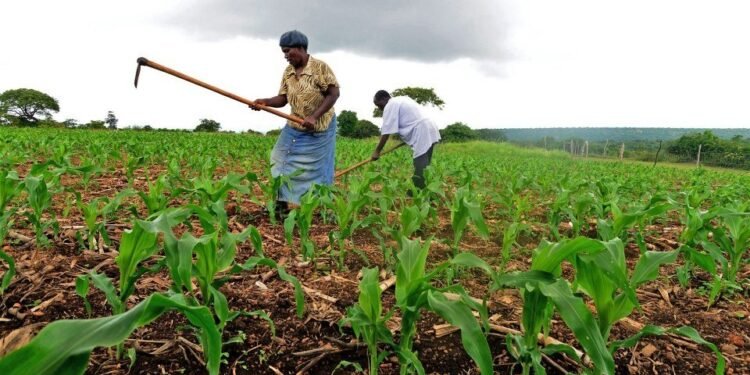Grow other crops, Kasama farmers counselled
By Temwa Chungu
THE Ministry of Agriculture in Kasama District, Northern Province, has urged farmers to embrace crop diversification by not only growing maize.
The ministry has identified several alternative crops with high market demand, including wheat, tomatoes, finger millet and rice.
Such crops offer opportunities to diversify their production and tap into emerging markets.
Senior agricultural officer John Chilundika said farmers should besides maize also grow other crops like rice, tomatoes, finger-millet, groundnuts that could give them income throughout the year.
Chilundika said crop diversification was a critical strategy for achieving sustainable agriculture development.
He was speaking during a field demonstration and monitoring.
“By growing a variety of crops such as wheat, farmers can reduce vulnerability to climate change, improve soil healthy and increase access to markets,” he said
Chilundika said one of the crops government was trying to promote was wheat, which had been introduced in the district through the Presidential Delivery Unit (PDU).
“Amongst the things government is trying to promote is wheat, which has very high profitability and we are telling our farmers [to] diversify in line with the government policy,” he said.
Agriculture assistant Kasalina Sanama of Chilubanama Camp urged the farmers to work in collaboration with the government in order to improve productivity.
Sanama said it was important for farmers to engage in other farming activities in order to promote good nutrition among households and to always participate in the field days because they would learn new farming technologies and techniques that would practically be used and applied in their fields.
“We have a study group that is doing tomato production and our focus is to encourage other farmers not to just depend on maize but other crops, too, in order to make more profit for their household,” she said.
Sanama said crop diversification had many benefits such as improving food security, increasing household income and improving soil fertility.
One of the farmers from Chilubanama, Francis Chanda, said marketeers travelled from as far as New location to just come and buy tomatoes and other crops which in return gives them profit.
“By growing a variety of crops in a country like Zambia, farmers increase their income and improve resilience to climate change and market fluctuation,” Chanda said.
Climate change is having a profound impact on Zambia’s agriculture, threatening food security and economic stability.
However, crop diversification helps farmers to adapt to climate change, improve food security and boost their income. –NAIS

























